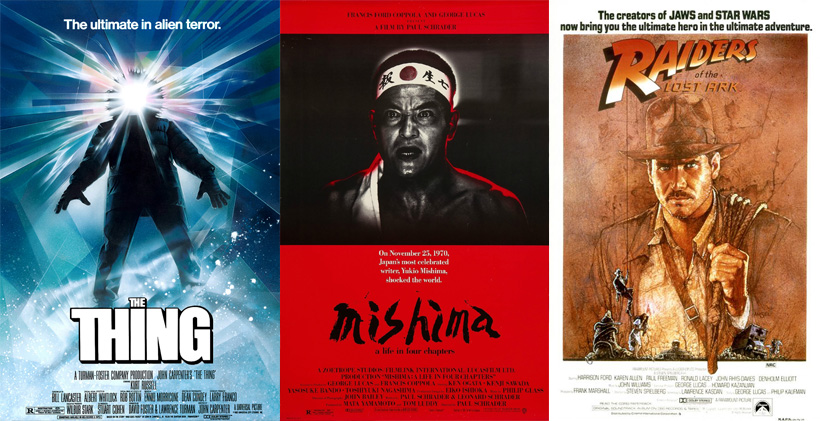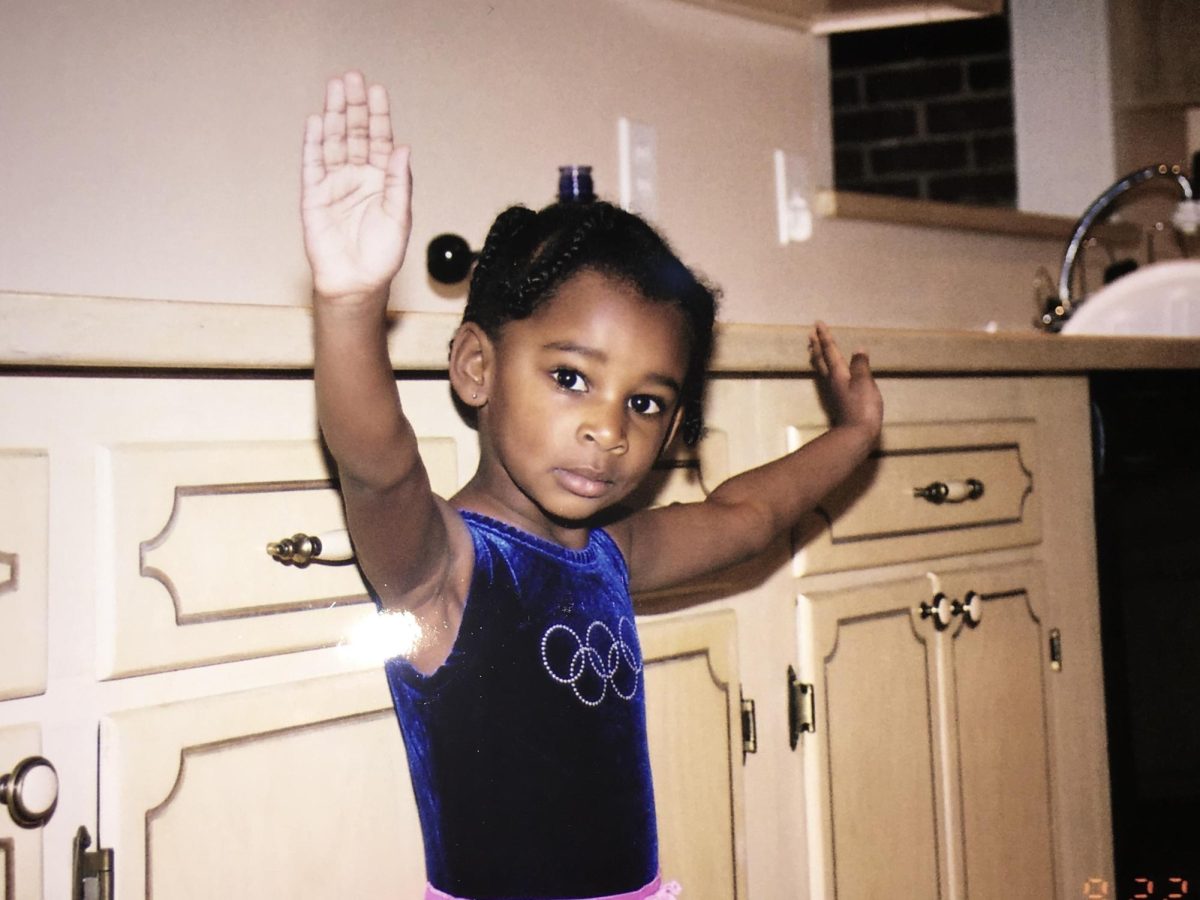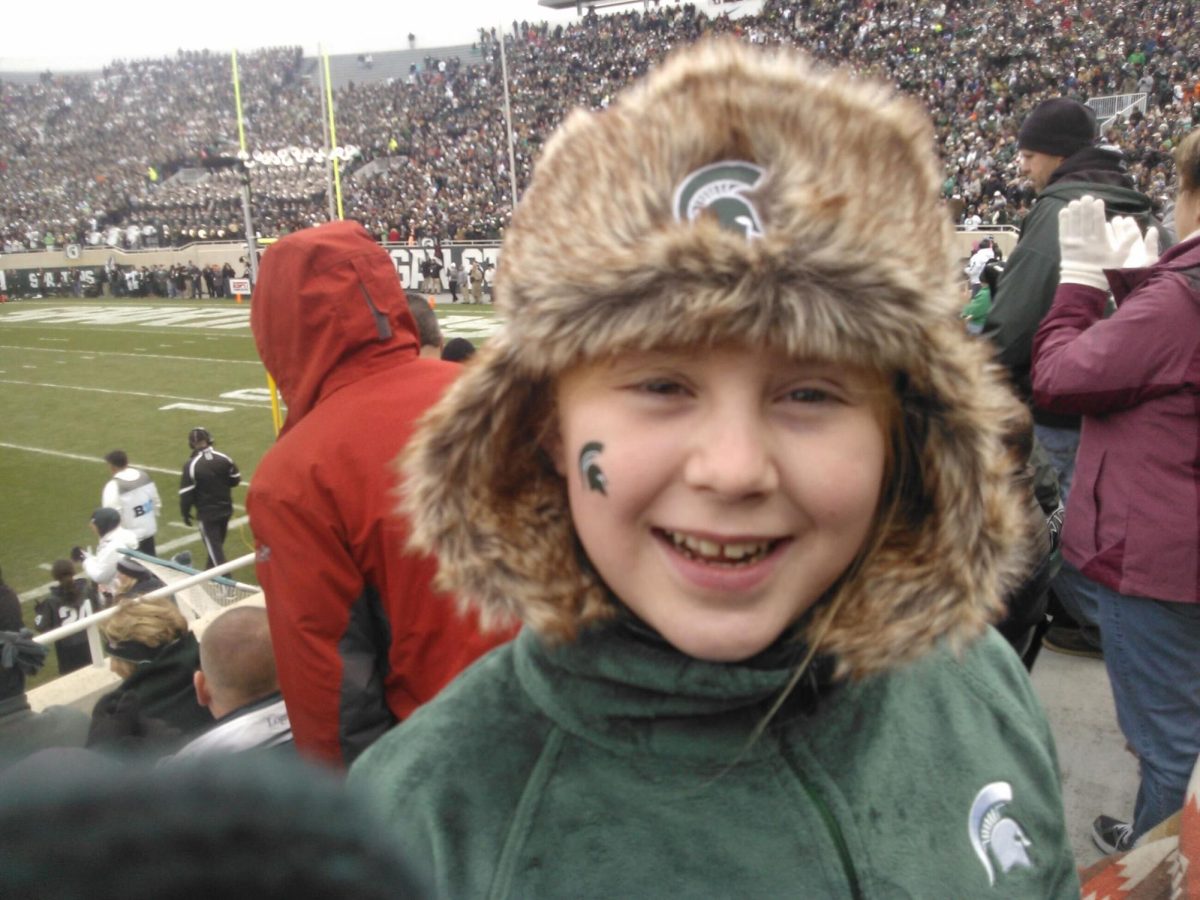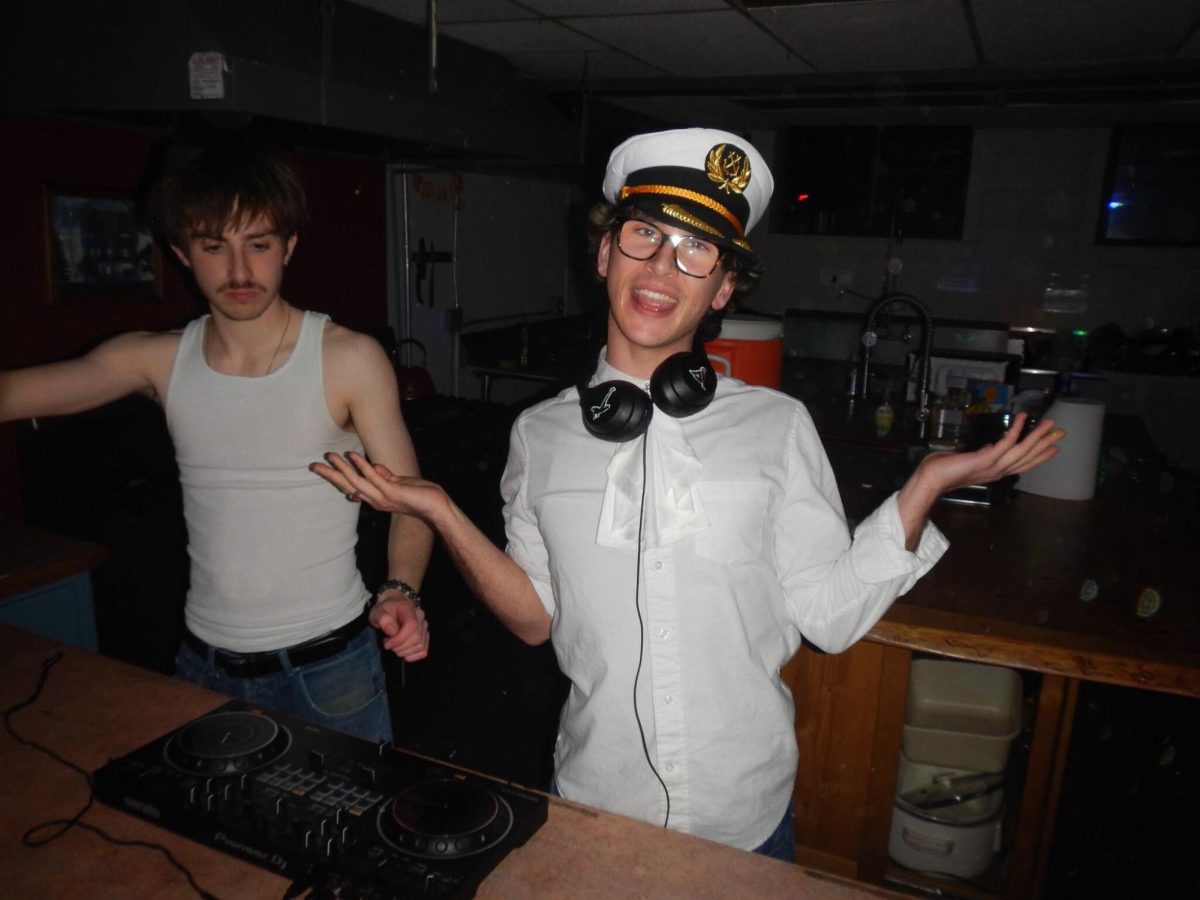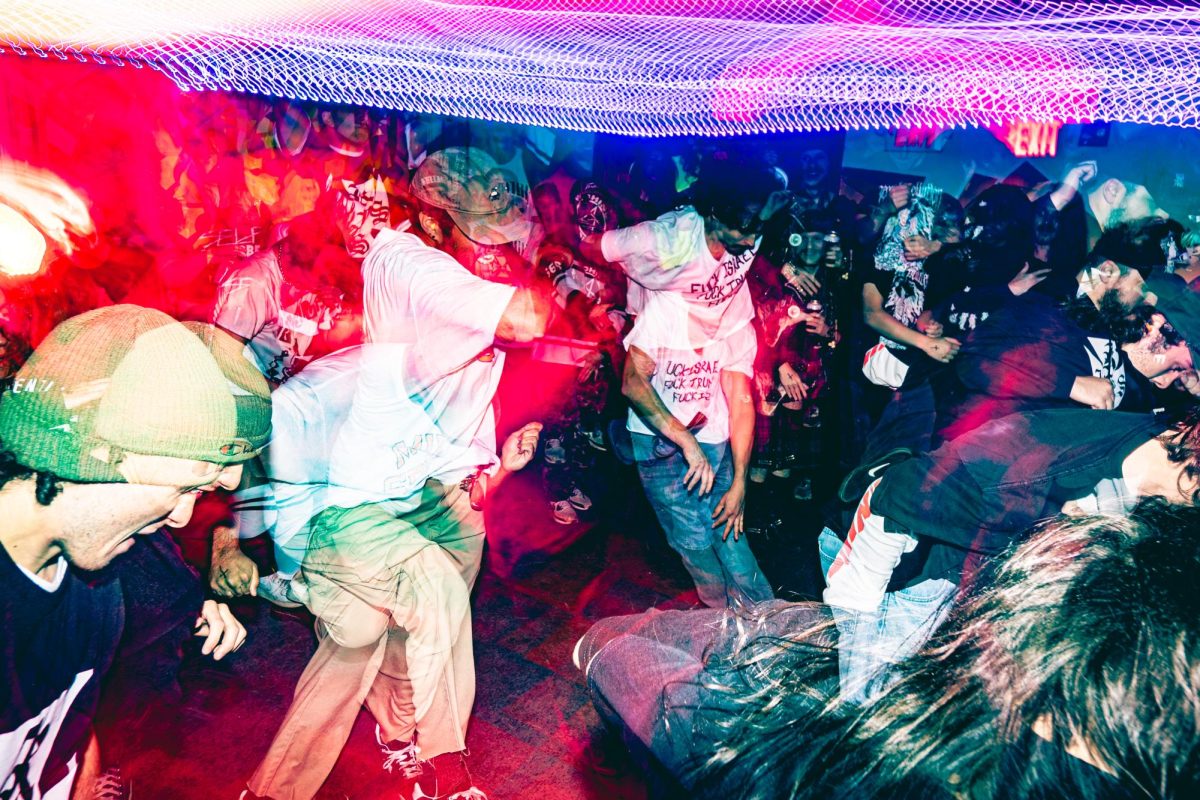In the 2020s, the American film industry has taken great interest in siphoning quite a bit of soul from the pop culture of the 1980s. We’ve seen remake after remake, reconstruction after reconstruction, all in search of striking creative and commercial oil. No matter how hard the industry has tried, they haven’t quite conjured the right stuff. And that includes an oft-overlooked piece of the cinematic puzzle: film scores.
That’s not to say that there haven’t been some great scores here in the 2020s — and hey, there are still seven more years of space to fill — but damn, there were some absolutely phenomenal scores hitting the silver screen in the ‘80s. Now, I obviously haven’t seen every single film from the 1980s, and I’m sure to leave some lovely scores off this list, but here are my top 10 film scores of the 1980s.
10. Raiders of the Lost Ark (1981)
Here we have one of the greatest blockbusters of all time, scored by one of the greatest film composers of all time. The adventurous rush of Steven Spielberg’s Raiders of the Lost Ark just wouldn’t be the same without John Williams’ dynamic musical touch. Be assured, this won’t be the last you’ll see of his work on this list.
9. Kagemusha (1980)
In what I hold to be one of the most beautiful, most epic films ever made, the score adopts those same adjectives. At times thrilling, at times heartbreaking, always complementing gorgeous colors and massive, whirling armies, Kagemusha’s score connects all the pieces of Akira Kurosawa’s imposing, grand masterpiece.
8. Possession (1981)
What an incredibly strange, off-putting, haunting collection we have with Andrzej Korzynski’s score for Andrzej Żuławski’s 1981 horror film Possession. With its ever-winding, ever-crashing, ever-creeping landscape, I don’t think there could have been a more fitting backdrop for what I can only describe as “not the right movie to have watched with my dad.”
7. The Thing (1982)
Somehow, Ennio Morricone — one of the greatest film composers of all time — was nominated for a “Worst Musical Score” Razzie award for his work on The Thing. Nowadays, the score is recognized as an utterly sinister masterwork, so I’m sure Morricone never dwelled on that too much.
6. The Empire Strikes Back (1980)
Well, I promised that Raiders of the Lost Ark wouldn’t be the last of Williams’ work on this list. Some view his work on The Empire Strikes Back as the greatest in the history of cinema, and I think that’s a perfectly reasonable view to have. This is a score that bridges generations, and I’ll never forget the wonder it instilled in me as a child growing up in the 2000s.
5. Das Boot (1981)
Wolfgang Petersen’s 208-minute director’s cut of Das Boot provided me with one of the most intense, most emotional viewing experiences of my lifetime. And surging throughout the film is one of the most intense, most emotional scores ever crafted. Each musical entry is a dented collage of grimy, pulsing beauty that drags you straight out to sea, even if you’re listening independent from the film.
4. Paris, Texas (1984)
Without a doubt, Ry Cooder’s score for Paris, Texas is one of the most heartfelt out there. Providing a vibrant, touching picture of the lonesome west, there couldn’t have been a greater series of arrangements for Wim Wenders’ cinematic eye. Together, Wenders and Cooder portrayed gorgeous neons, big skies and lost faces in a way no one could ever hope to recreate.
3. Koyaanisqatsi (1982)
Koyaanisqatsi is one of the few films that completely changed the way I viewed the medium. With Koyaanisqatsi, I came across a brand new form of storytelling — and a brand new emphasis on music in film. Philip Glass’ score is one I’ve been listening to for years, and it never ceases to amaze me, but I’ll never forget the first time I experienced it. I’ll never forget the first time Koyaanisqatsi hypnotized me and shattered my world.
2. Mishima: A Life in Four Chapters (1985)
Mishima: A Life in Four Chapters is one of my favorite films ever made. And guess what? Its score was also composed by Glass. Yes, he takes the spots of two and three on this list, and that’s because he elevated what music could mean to a film. To attempt to describe Mishima: A Life in Four Chapters and its unbridled, musical beauty is to insult it. What we have here is an artistic force of nature I still haven’t tamed with description, even five years after my first viewing.
1. Blade Runner (1982)
This is the greatest score ever made. I say that with absolute certainty. With the 1980s’ science fiction boom, the pop culture world scrambled to craft the most intriguing vision of the future possible. Not only did Blade Runner itself climb to the peak of the science fiction genre, but its score did, too.
Contained within Vangelis’ arrangements are the frameworks of a far-off future complemented by a time-bridging wiring of human emotion. Within this score is the central battle of the film, and it manages to portray this independently: What is it to be human? Through our own advancements, will we render ourselves as faceless as we believe artificial intelligence to be?
I listen to Vangelis’ Blade Runner score more than any other, and each time, I am left in distant reflection. I cannot help but imagine pitch-black nights, city-spanning electronic billboards and endless rain. I cannot help but feel lonesome, neon-drenched faces staring straight through me. I cannot help but become utterly lost in my own identity, a place equally familiar and unfamiliar.
For more coverage on movie scores and soundtracks, check out our “We Watch It For The Music” series, where we break down the music of individual movies and television shows. And let us know what some of your favorite scores of all time are, ‘80s or otherwise!



